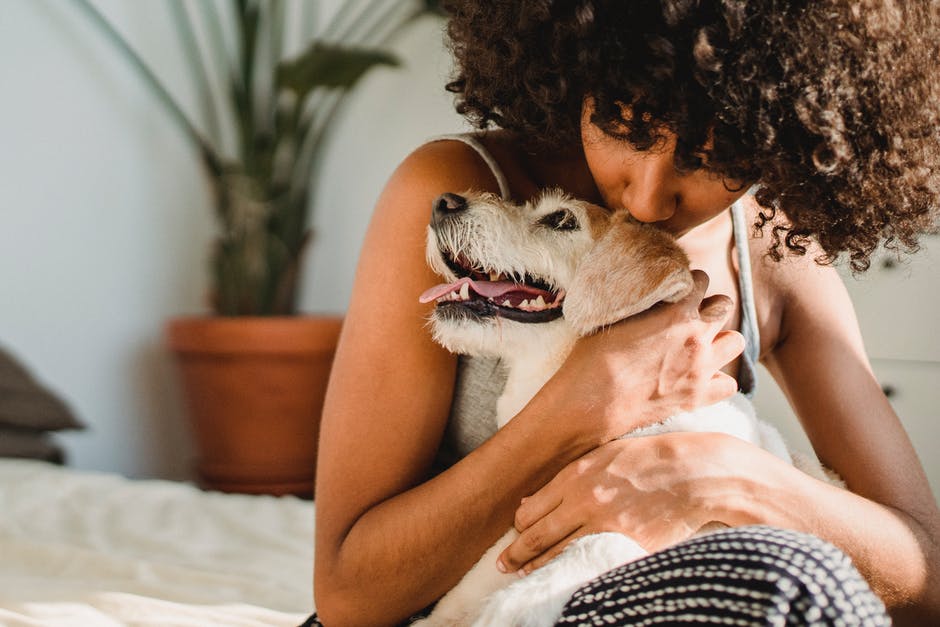Puppy behavior training can be a lot of work, but with the right tips, it can be a lot of fun too!
Table of Contents
Puppy behavior training tips
Puppy behavior training is a critical part of raising a well-behaved dog. Here are some tips for getting started:
Establish rules and boundaries early on. Puppies need to know what’s acceptable and what’s not in order to develop good habits. Make sure your puppy knows the “NO” word and that he or she cannot cross boundaries such as going inside when they’re not allowed. This will help create a healthy respect for authority and help prevent future behavioral problems.
Be consistent with your commands and rewards. If you want your puppy to sit, say “sit” and give a treat when the puppy sits. If you want the puppy to come, say “come” and give a treat when the puppy arrives. Be consistent with your commands and rewards so that your puppy understands what you want him or her to do.
Praise appropriately. When your puppy does something good, praise him or her enthusiastically! This will help build positive associations between desired behaviors and positive consequences.
Stay calm and patient when training your puppy. If you get too angry or upset, it will only make things harder for both of you. Use positive reinforcement to teach your pup new behaviors instead of using punishment (which can be ineffective).
Crate training your puppy
Puppies are adorable and make great family pets, but like all animals, they can have some behavioral issues to work through. Crate training is a great way to help your puppy learn good behavior habits early on, and it can be done in a variety of ways. Here are some tips for crate training your puppy:
- Start small. Start by using a crate as a place for your puppy to sleep when you’re not around. Once your puppy is comfortable with the crate, gradually move on to using it as a place for training sessions.
- Praise and reward good behavior. When your puppy behaves correctly in the crate, give her positive reinforcement – such as praising her, giving her a treat or playing with her afterwards. This will help reinforce good behavior and make it easier for her to repeat the behavior in the future.
- Be consistent. Be sure to continue providing positive reinforcement even if your puppy has occasional accidents in the crate – being consistent is key in teaching your pup good habits.
How to potty train your puppy
Puppies are naturally curious and want to explore their surroundings. This is a great opportunity to teach them how to use the potty. Follow these tips for potty training your puppy:
- Teach your puppy where the potty is. If you have a small room, put a pee pad in one corner and a potty in another. If you have a large room, place the pads throughout the room. Place an object in front of the potty so your puppy can see it and associate it with going to the potty. Reward your puppy when he goes to the potty on the pad or near the object.
- Use positive reinforcement to train your puppy to go to the potty. When he goes on the potty, give him a treat or pet him. Praise him when he goes outside to wee-wee or poop.
- Reinforce good behavior with treats and playtime after your pup has gone outside to use the bathroom. Puppies will learn that going on the potty is something they want to do, not something they have to do because they are getting punished.
How to socialize your puppy
Puppy socialization is essential for your pup’s development. Socialization helps to prepare your pup for a fun, fulfilling life with humans and other animals. Puppy socialization should include exposure to a variety of people, places, things, and sounds.
- Introduce your pup to people and other animals gradually. Start by exposing your pup to people who are friendly and calm. Then, slowly introduce your pup to people who are more challenging. Avoid sudden changes in environment or people. This will help minimize your pup’s anxiety and stress levels.
- Take your pup on regular walks. Exposure to different smells, sounds, and sights while out walking will help socialize your pup well beyond the house. Be sure to bring along plenty of toys and treats!
- Play with your pup regularly. Puppies love to play fetch, dig, and chew on toys. This helps them developsocial skills and healthy habits early on in life.
Puppy obedience training
Puppy obedience training is an important part of raising a well-behaved dog. By teaching your pup the basics of good behavior, you can help him become a well-mannered companion. Here are some tips for puppy obedience training:
- Start with basic commands such as sit, stay, come, and down. Once your pup knows these commands, you can begin working on more complex behaviors such as getting up when called, walking on a leash, and staying in one spot.
- Reward your pup whenever he obeys a command by giving him a pat or treat. This will help reinforce the behavior and make it easier for him to learn new commands in the future.
- Be consistent with your training regimen; be sure to apply the rules consistently from one moment to the next. If your pup understands the rules but occasionally breaks them, he will learn that disobedience is an option. Be firm but fair in your dealings with your pup, and he will soon learn to obey your every request!
